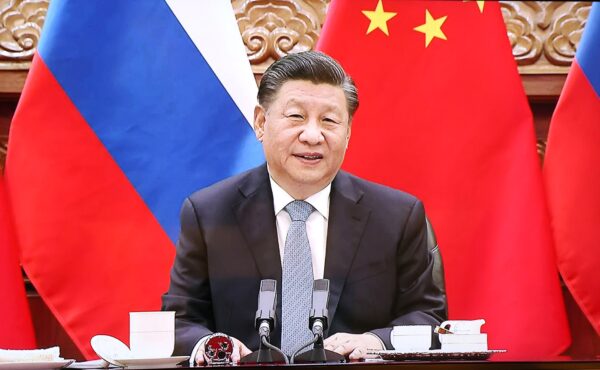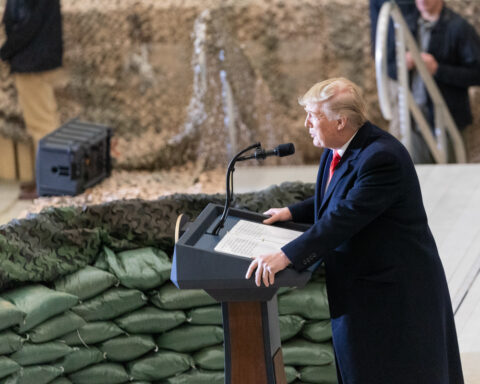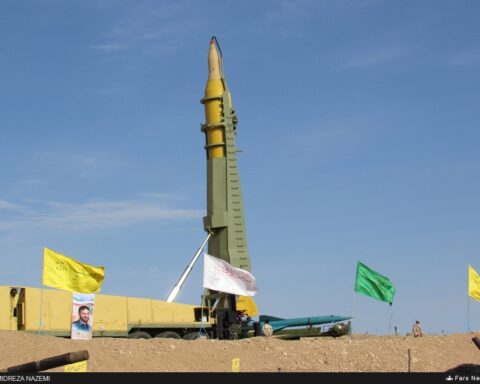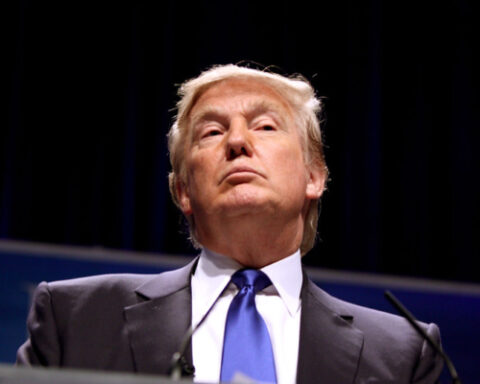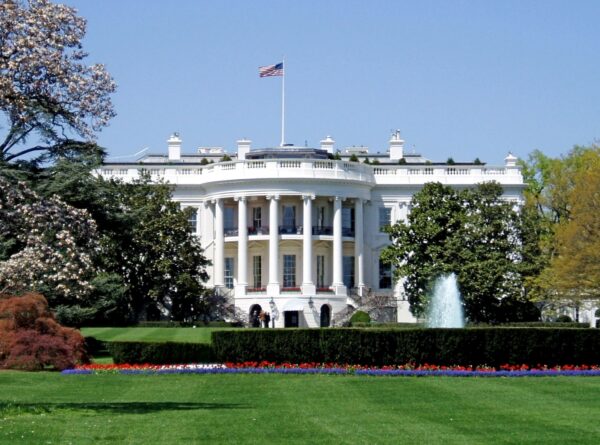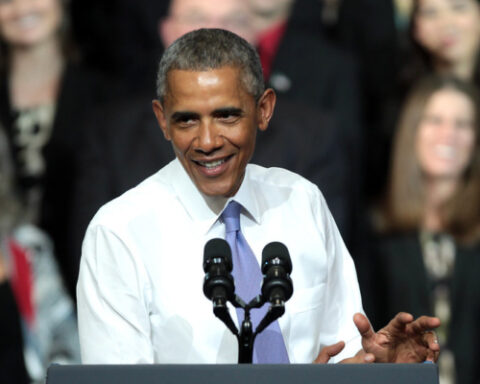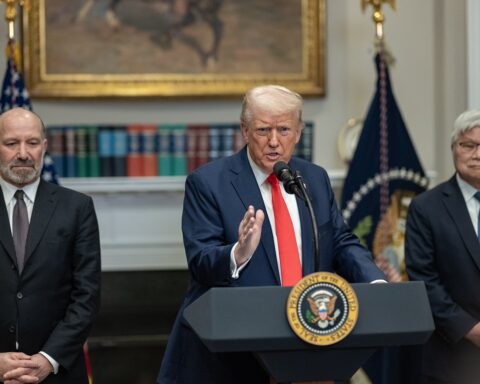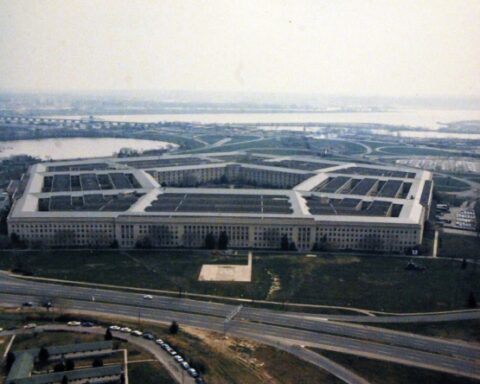In a highly unusual diplomatic move, Chinese leader Xi Jinping personally initiated a phone call to President Donald Trump on Monday, underscoring Beijing’s growing urgency as tensions rise in the Pacific — particularly as Japan adopts a stronger, more assertive stance in defense of Taiwan.
While Xi phoned to zero in on Taiwan — an issue Beijing treats as non-negotiable — Trump steered the conversation toward Ukraine, according to individuals familiar with the call. With U.S.-led peace talks showing new momentum, Trump is working to secure a decisive end to Russia’s war on Ukraine, an outcome that would reshape global power dynamics.
Taiwan and Ukraine are both sensitive topics in U.S.–China relations, but they are rarely discussed together. That Xi initiated the call suggests Beijing saw strategic value in seizing this moment to influence Trump’s thinking while regional tensions escalate.
According to China’s official readout, Xi emphasized that “Taiwan’s return to China is an important component of the post-war international order” and invoked U.S.–China unity during World War II — implicitly pressing Trump to view Taiwan through Beijing’s preferred historical lens rather than through current geopolitical realities. Xi’s comments also signal that Beijing intends to couch its claims not merely in Communist Party rhetoric but in post-war treaties and historical precedents.
Chinese state media reported that Trump acknowledged the “importance” of the Taiwan issue to Beijing. But in Trump’s own social-media posts, the topic of Taiwan was conspicuously absent. Instead, Trump highlighted discussions about Ukraine, fentanyl, soybeans, and broader trade issues, noting that he accepted Xi’s invitation to visit Beijing in April and would host Xi for a State Visit later next year.
“Our relationship with China is extremely strong!” Trump wrote, framing the call as a continuation of a “highly successful” meeting in South Korea three weeks earlier.
At a press briefing Tuesday, China’s Foreign Ministry called the call “positive, friendly and constructive,” while casting doubt on who initiated the communication. “As far as I know,” spokeswoman Mao Ning claimed, the U.S. requested it — contradicting sources who said Xi made the outreach amid growing friction with Tokyo.
Beijing has been rattled by Japan’s new posture. On Nov. 7, Japanese Prime Minister Sanae Takaichi publicly warned that any Chinese attack on Taiwan would trigger Japanese involvement — a statement that provoked a furious diplomatic backlash from Beijing, including a complaint to the United Nations accusing Japan of threatening military action. Beijing was further irritated when the U.S. State Department reaffirmed its unwavering commitment to the U.S.–Japan alliance and opposition to unilateral aggression in the Taiwan Strait.
Sources close to Chinese leadership say Xi believes he has a window to shape Trump’s thinking. Unlike President Joe Biden, Trump has avoided making explicit commitments on whether the U.S. would intervene militarily if China invaded Taiwan — arguing such statements would weaken his negotiating leverage. Trump has said Xi personally assured him China would not invade Taiwan during his term, though Beijing has never acknowledged such an assurance.
Still, delays in U.S. military aid to Taipei have fueled anxiety on the island that Washington might soften its stance as part of a broader economic deal with Beijing.
Experts say the fact that Xi initiated the call is significant.
China rarely initiates presidential-level contact. The last comparable outreach came after the 9/11 attacks, when President Jiang Zemin sent condolences to President George W. Bush.
Although Beijing stressed Taiwan during Monday’s call, Trump returned repeatedly to Ukraine. Chinese state media said Xi reiterated China’s support for “all efforts committed to peace.” China has been Russia’s most significant diplomatic and economic backer since the 2022 invasion and now appears eager to play a stronger role as Trump advances negotiations that could end the conflict.
“China is watching the Ukraine peace deal and feels the need to be more involved,” said Yun Sun of the Stimson Center.
With two global flashpoints intersecting, the timing of Xi’s outreach — and Trump’s response — highlights how central the U.S.–China relationship will be in determining the future of both Taiwan’s security and the trajectory of the war in Ukraine.
[READ MORE: Skull Found Encased in Concrete at South Boston Pier Sparks Mob-Related Speculation]

